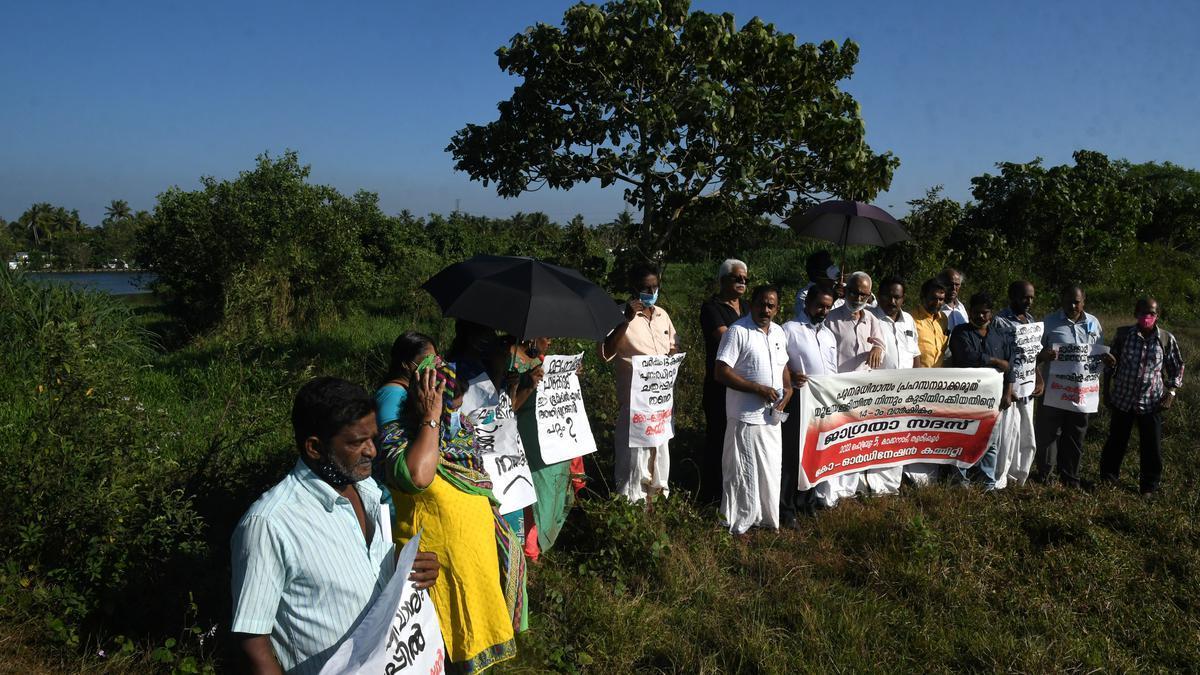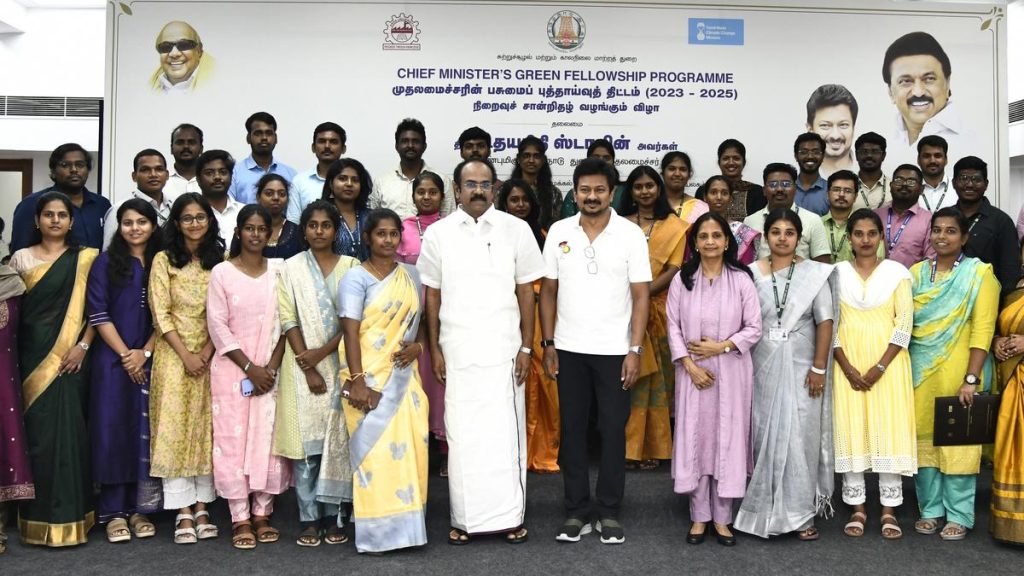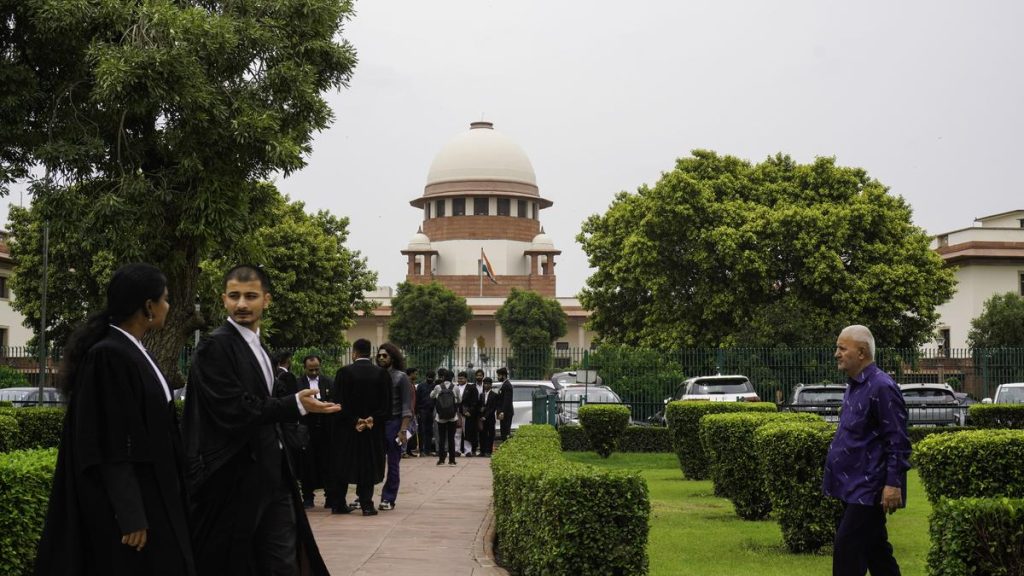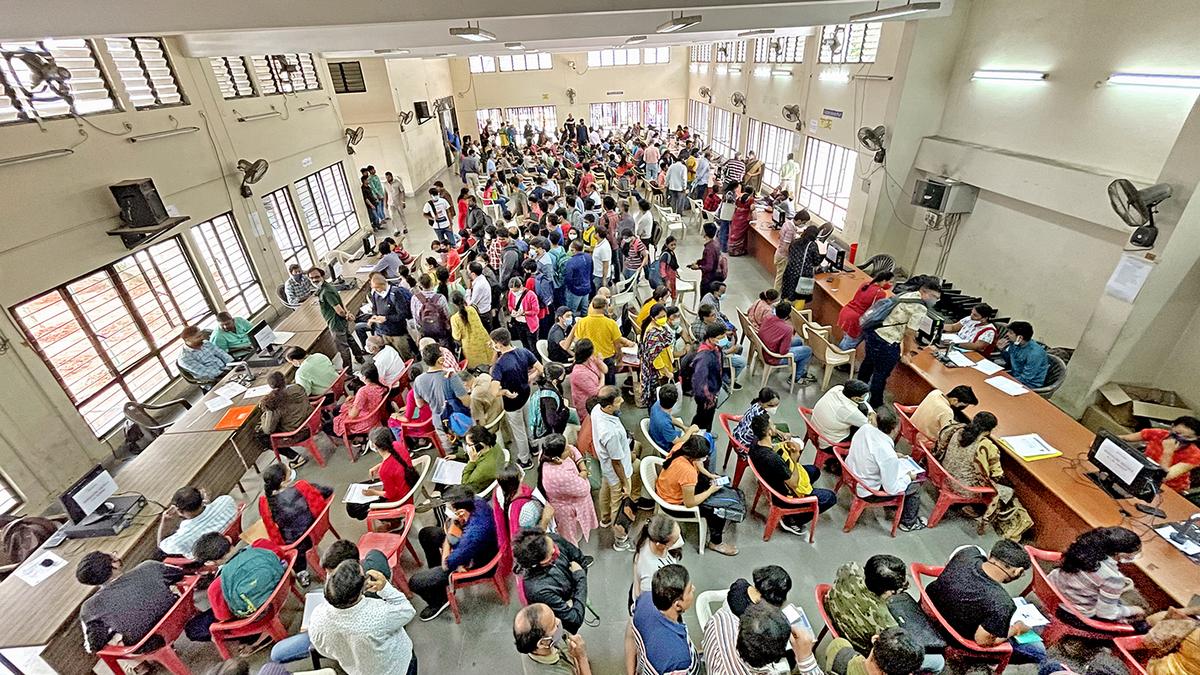Now Reading: Moolampilly Rehab Plan: Flood Zones May Be Filled Using Dredged Soil with Port Authority’s Input
-
01
Moolampilly Rehab Plan: Flood Zones May Be Filled Using Dredged Soil with Port Authority’s Input
Moolampilly Rehab Plan: Flood Zones May Be Filled Using Dredged Soil with Port Authority’s Input

quick Summary
- Rehabilitation Measures: Ernakulam District Collector N.S.K. Umesh announced plans to utilize dredged soil from the Cochin Port Authority (CPA) to fill flood-prone rehabilitation sites for families evicted during growth of road and rail connectivity to Vallarpadam International Container Transshipment Terminal (ICTT). Follow-up actions will be taken in consultation with CPA.
- Leadership Change: Mr. Umesh is set to be succeeded by Palakkad District Collector G. Priyanka, following his appointment as Director of General Education.
- Site Visits & Issues: The Collector visited two major rehabilitation sites at Thuthiyoor-Indira nagar (7.5 acres split into 114 plots) and Adarsh Nagar (56 plots), addressing complaints about marshy land unsuitable for construction.
- Cost Concerns: soil filling costs have risen; Indira Nagar’s proximity to a river makes filling cheaper, while Adarsh Nagar faces higher costs estimated at ₹1.02 crore, up from the original ₹50 lakh budget.
- Rehabilitation Committee Actions: A decisive meeting on stabilization methods is scheduled for August 22; CPA representatives are part of the monitoring committee overseeing these efforts.
- Evictions Impact: 316 families were displaced across seven villages for ICTT infrastructure projects, with 36 evictees passing away since displacement began.
Indian Opinion Analysis
The proposed utilization of dredged soil represents an effort towards cost-efficient solutions amid persistent challenges in rehabilitating displaced families due to ICTT-related evictions. While logistical advantages exist for Indira Nagar’s location near water sources, escalating financial estimates related to Adarsh Nagar highlight ongoing difficulties surrounding adequate site preparation.
These issues underline larger concerns about long-term planning and administrative execution in such large development projects-balancing urban infrastructure progress against human costs remains a delicate task. Moreover, reports of real estate agents potentially exploiting vulnerable displaced families raise ethical questions that might require deeper legal scrutiny.
The upcoming August 22 meeting holds importance as it could define clearer pathways toward resolving marshy site stability while emphasizing collaborative governance among CPA officials and district authorities crucial for sustainable resolution.
























